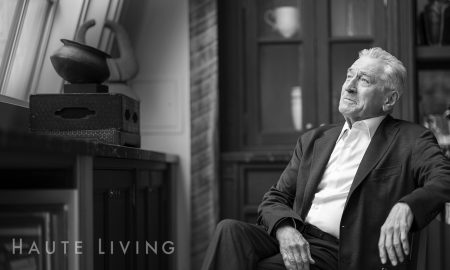First, he went back to Harvard to study law.
He excelled, of course, and to make extra money he purchased surplus military items at reduced rates offered to veterans. In a preview of his deal-making prowess, he took these boxes of tools and sold them for $10,000, a sum that would translate into about $90,000 today. Not bad for a young man still in his 20s.
Upon graduation and with some money in his pocket, he got a position as a clerk in the U.S. Court of Appeals in San Francisco, making about $43 a week. Then in 1951, at the ripe young age of 28, he became partner in the Washington law firm of Ford, Bergson, Adams, Borkland & Redstone, earning an astounding $100,000 a year back when six-figure incomes seemed more like rumor than reality. It was during this time that Sumner made one of his first risk-taking decisions—he left his prestigious high-paying job to work for his father for just $5,000 a year.
“When I was a lawyer I enjoyed practicing law because I thought I would make the world better,” explains Sumner. “It may sound jargonistic today, but a lot of kids, particularly in Washington, thought they were going to make a dent by being lawyers. And when I realized that the law was just another business, I decided I had enough and went to work for my father’s company.”
Sumner’s father and younger brother Edward ran Redstone Management, the family’s small chain of drive-in theaters in the Northeast. They were small fish in a large pond trying to stay competitive against the big Hollywood studios that owned theaters and wouldn’t give them first-run on new movies. Sumner took Hollywood to court and won.
Not long after, Sumner started to see the bigger picture, so to speak.






















